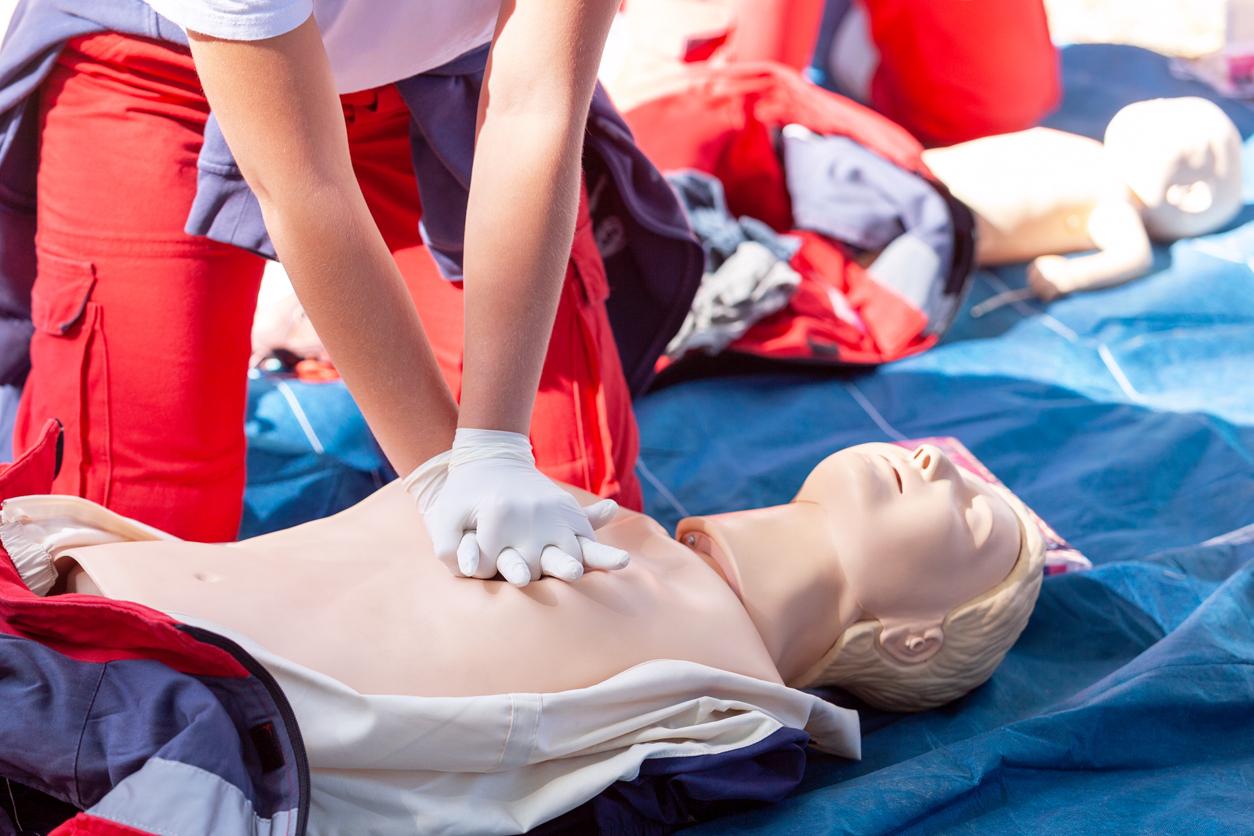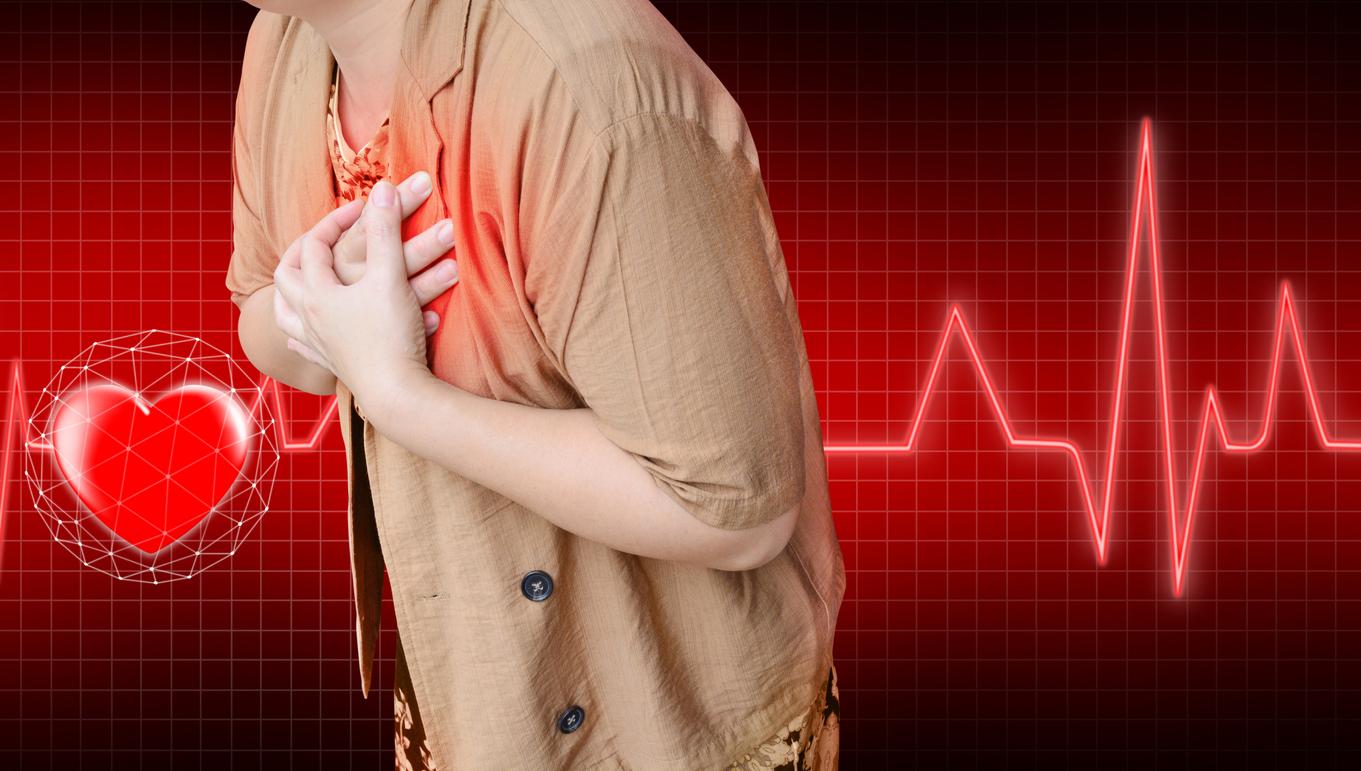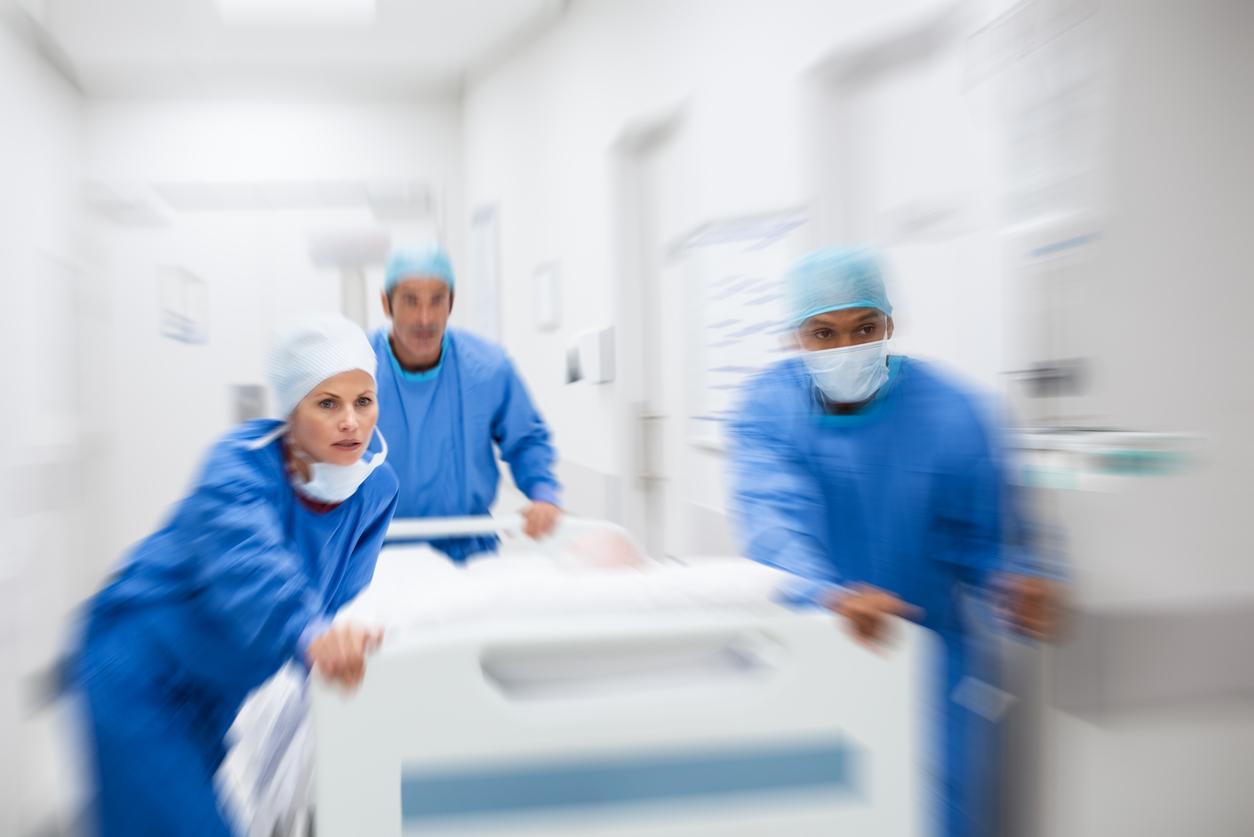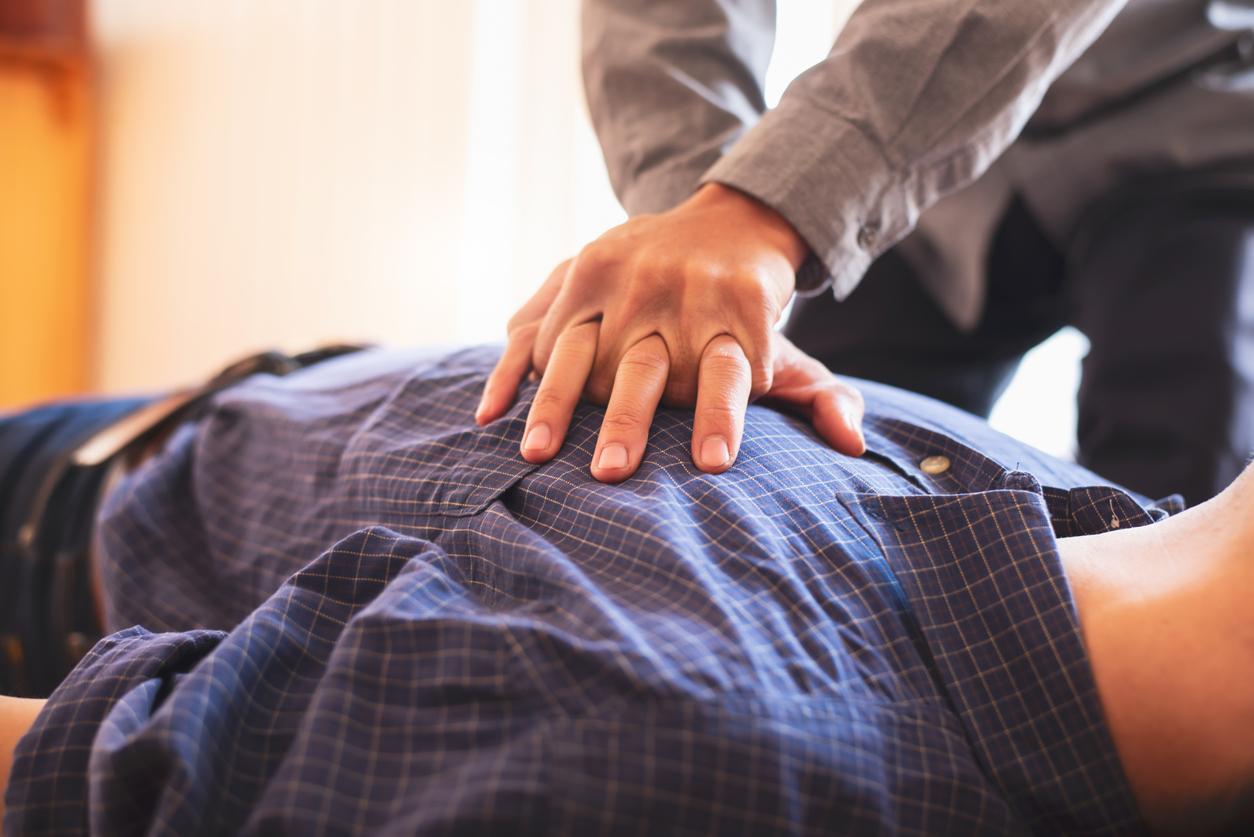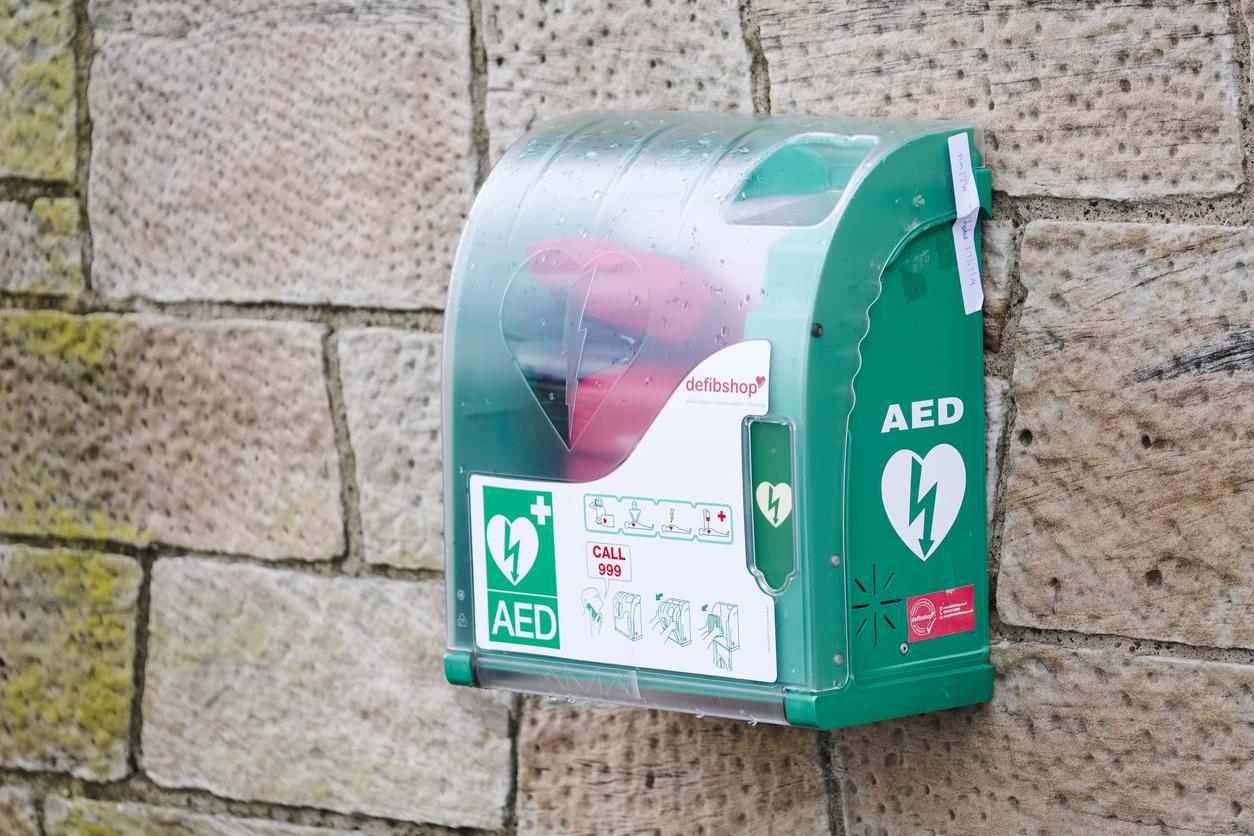In Spain, doctors have announced that they saved the life of a Briton six hours after suffering cardiac arrest. It was the hypothermia she suffered after a mountain excursion that made her resuscitation possible.

“It’s like a miracle”. This is how Audrey Marsh, a 34-year-old Briton, described the feat achieved by the doctors of the emergency services of the Vall d’Hebron hospital in Barcelona. The latter have indeed managed to resuscitate her after a cardiac arrest of six hours in a row. The young woman, who was on an excursion in the Pyrenees, had suffered severe hypothermia which caused the stoppage, but also saved her life.
A body temperature down to 18 degrees
On November 3, this Briton living in Catalonia undertook with her husband a crossing of the Pyrenees on foot with her husband. Surprised by a snowstorm, she lost consciousness around 1 p.m. When the rescue teams arrived at the scene at 3.35 p.m., the young woman no longer showed any signs of cardiac activity and her body temperature had dropped to 18 degrees.
First attempts at resuscitation are made on the site, without success. She was then transferred to the Vall d’Hebron hospital, which has an extracorporeal membrane oxygenation resuscitation system (ECMO). This device, used for the first time in Spain for resuscitation and which is also implanted in France, is based on a machine which connects to the patient’s cardiac system and makes it possible to temporarily replace their heart and lungs. The machine extracts blood from a vein, warms it, oxygenates it and then reintroduces it via an artery into the body.
Possible resuscitation thanks to hypothermia
Six hours after the relief tests, the doctors again tried to resuscitate the young woman, whose body had been warmed up. “We decided to perform an electroshock to try to wake up his heart and it worked”, explained Eduard Argudo, in charge of resuscitation, during a press conference given on Thursday December 5. According to him, it is “the longest interrupted cardiac arrest we know of in Spain. There have been similar cases in the Alps and in Scandinavia.”
“Hypothermia killed her and saved her at the same time. With the cold, the metabolism slows down, the organs require less blood and oxygen and this allows the brain to preserve itself”, continued the doctor.
Six days after being resuscitated, Audrey Marsh was able to leave the intensive care unit. If no neurological sequelae have been detected, the young woman is not yet able to use her hands completely. However, she claimed to have “a practically normal life” and that she “will return to work in the coming days”.
.




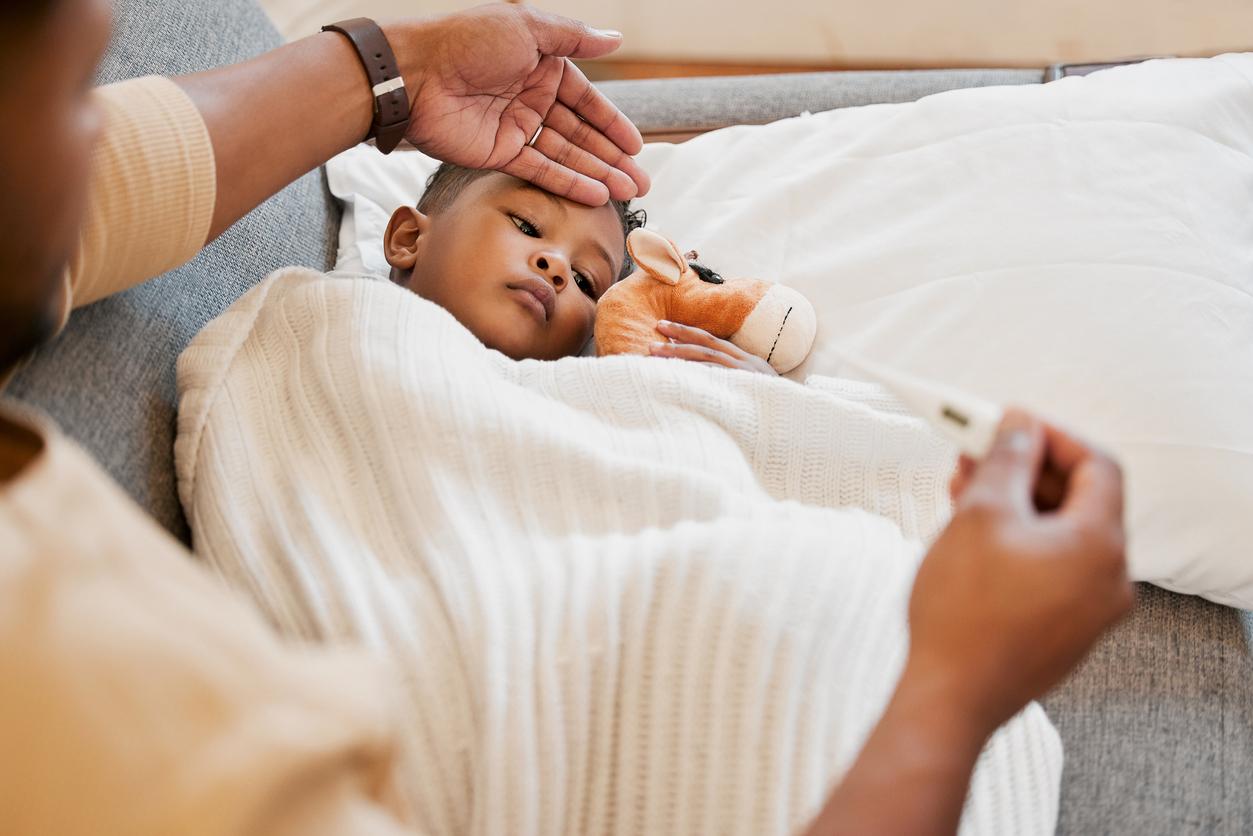




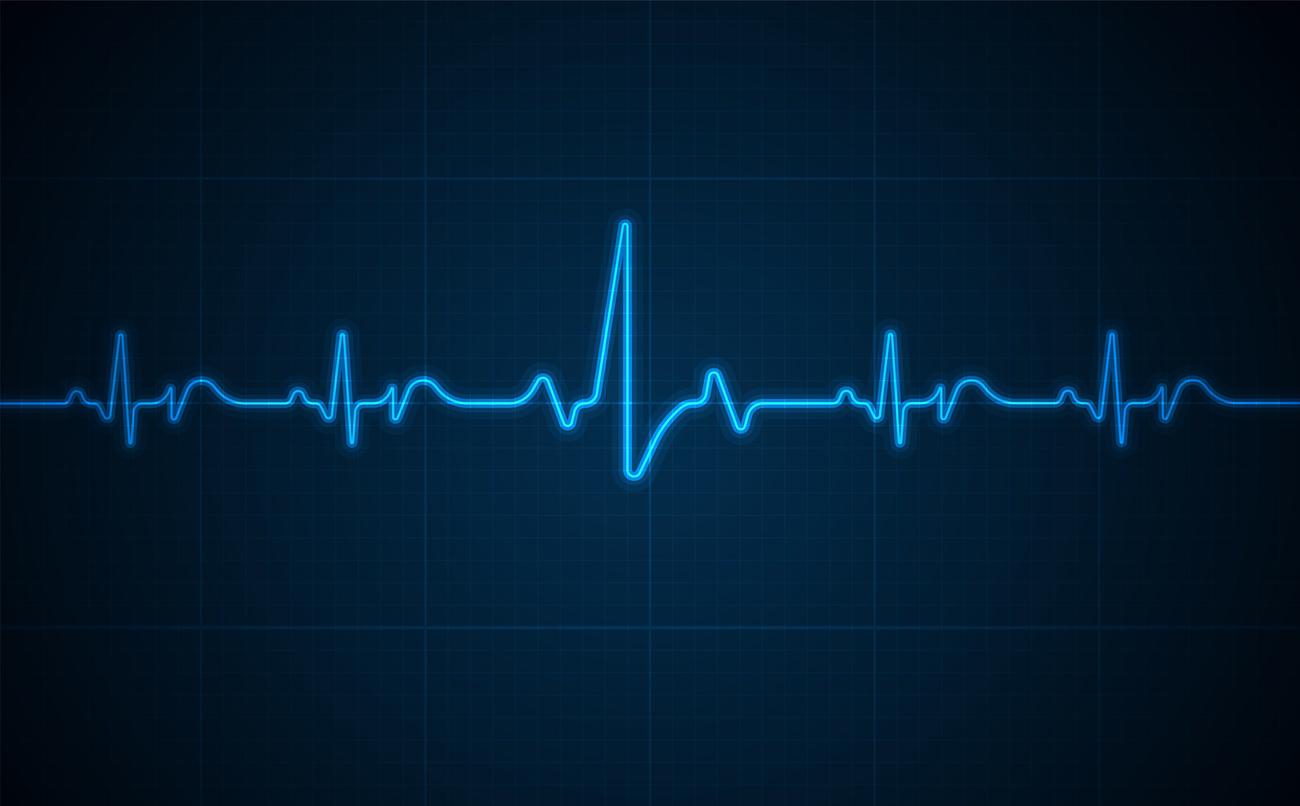
-1708094208.jpg)
